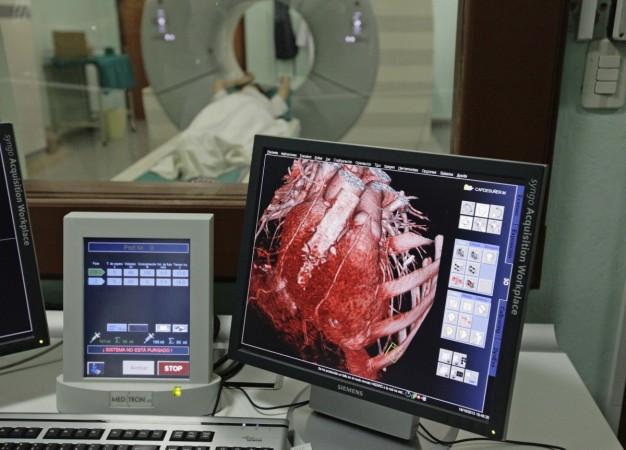
The medical fraternity is piqued at the latest move of the government to give preference to Indians over foreigners in allocation of organ transplants, ostensibly to prevent misuse.
Their main contention is that it will obligate doctors to discriminate patients on the basis of nationality, in violation of Medical Council of India (MCI) Act.
The IMA has written a letter to healthy secretary Lov Verma highlighting the same. "Transplantation of Human Organs and Tissues Rules, 2014 are now been implemented and the rule 31 (4e) is a violation of MCI Act...the matter is a serious concern to the medical fraternity and needs immediate attention," reports The Times of India.
In terms of priority, the Transplantation of Human Organs and Tissues Rules, 2014 says that needs of Indian patients need to be fulfilled before catering to foreign patients.
The move is likely to affect many private hospitals, who earn a substantial part of their revenues from organ transplantation for foreigners.
These hospitals could witness a fall in the number of foreign patients undergoing transplants, significantly impacting the country's $3 billion medical tourism industry that is growing at about 20 percent annually.
The latest move follows a Delhi government order to private hospitals that they should obtain a no-objection certificate from at least two government hospitals with waiting lists – RP Centre (AIIMS) and Guru Nanak Eye Centre (MAMC) – before undertaking any transplant.
The Delhi government was forced to act after shortcomings were found in cornea transplant. Also, experts feel that while insufficient donors are a major concern, the lack of strict laws prevents Indians from getting treatment in time.
According to Organ Retrieval Banking Organization of AIIMS, only 25,000 cornea transplants are possible in India, though more than 1 lakh corneas are required every year.
While there is a need for 1-1.5 lakh kidneys per year, transplants number not more than 3,500-4,000.

















